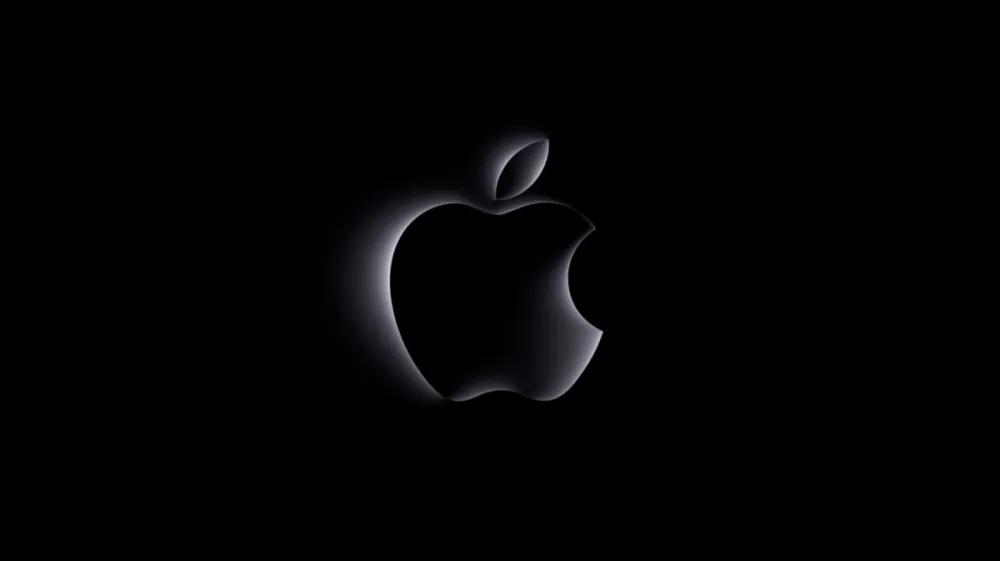
The British government has lost its bid to keep secret the details of a surveillance order issued against Apple, according to a new ruling by the UK’s Investigatory Powers Tribunal, which handles cases concerning government oversight authority.
The decision, published on Monday, mandates that portions of the hearing will proceed in public, despite strong objections from the UK government.
The tribunal’s judges stated that they “do not consider that disclosing general details of the case would harm the public interest or jeopardize national security.” This marks the first official acknowledgment of the case’s existence, though specific facts remain undisclosed.
Reportedly, much of the “general detail” pertains to a legal demand from the UK requiring Apple to grant authorities access to encrypted cloud data of any user—regardless of geographic location.
In February, The Washington Post published a leaked report revealing the UK’s request for a backdoor. Shortly thereafter, Apple announced it would no longer offer its Advanced Data Protection feature to users in the United Kingdom. This feature enables customers to encrypt their iCloud files in such a way that only they retain access.
Neither Apple nor the UK Home Office—which submitted the request on behalf of the government—has commented on the case, as it remains subject to national security regulations. Until recently, even the case’s very existence was classified.
Upon receiving the order, Apple reportedly filed an appeal with the Investigatory Powers Tribunal. In response, the government argued in court that disclosing the nature of the case would endanger national security.
Civil rights advocates, a coalition of media organizations, a bipartisan group of U.S. lawmakers, and former senior intelligence officials from the Trump administration have all called for greater transparency regarding the proceedings.
Apple has previously asserted that it “has never created, and will never create, a backdoor or master key” for its products and services.


